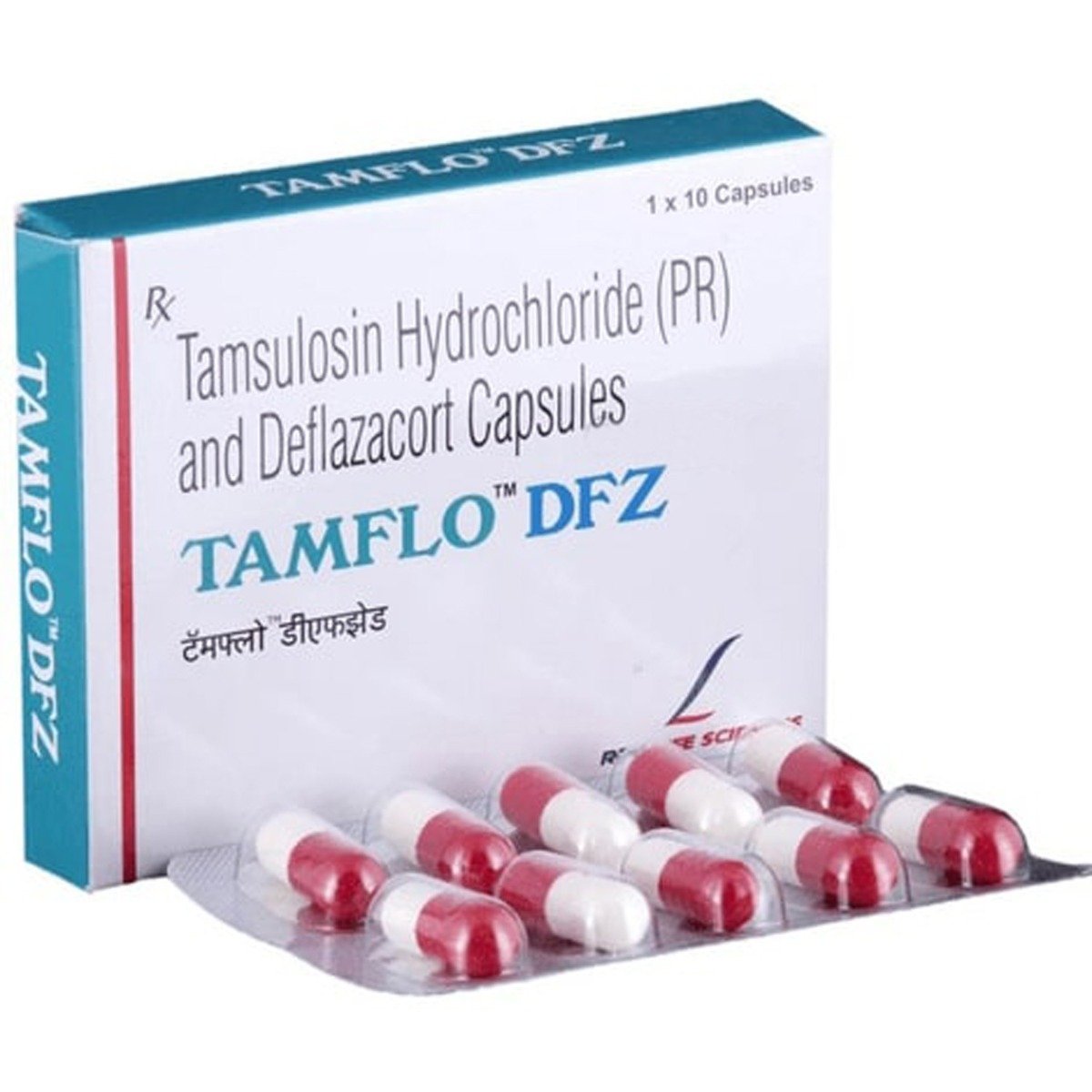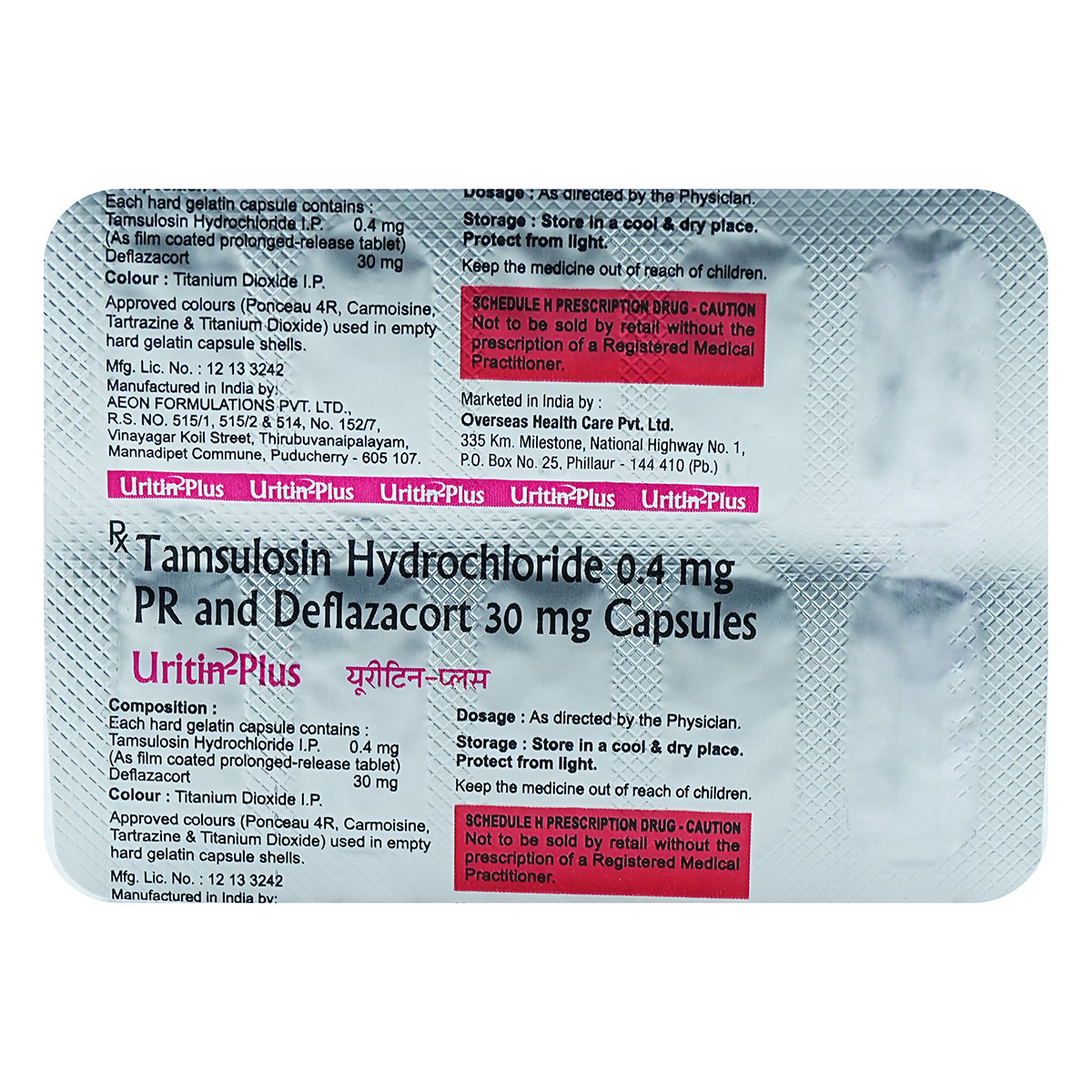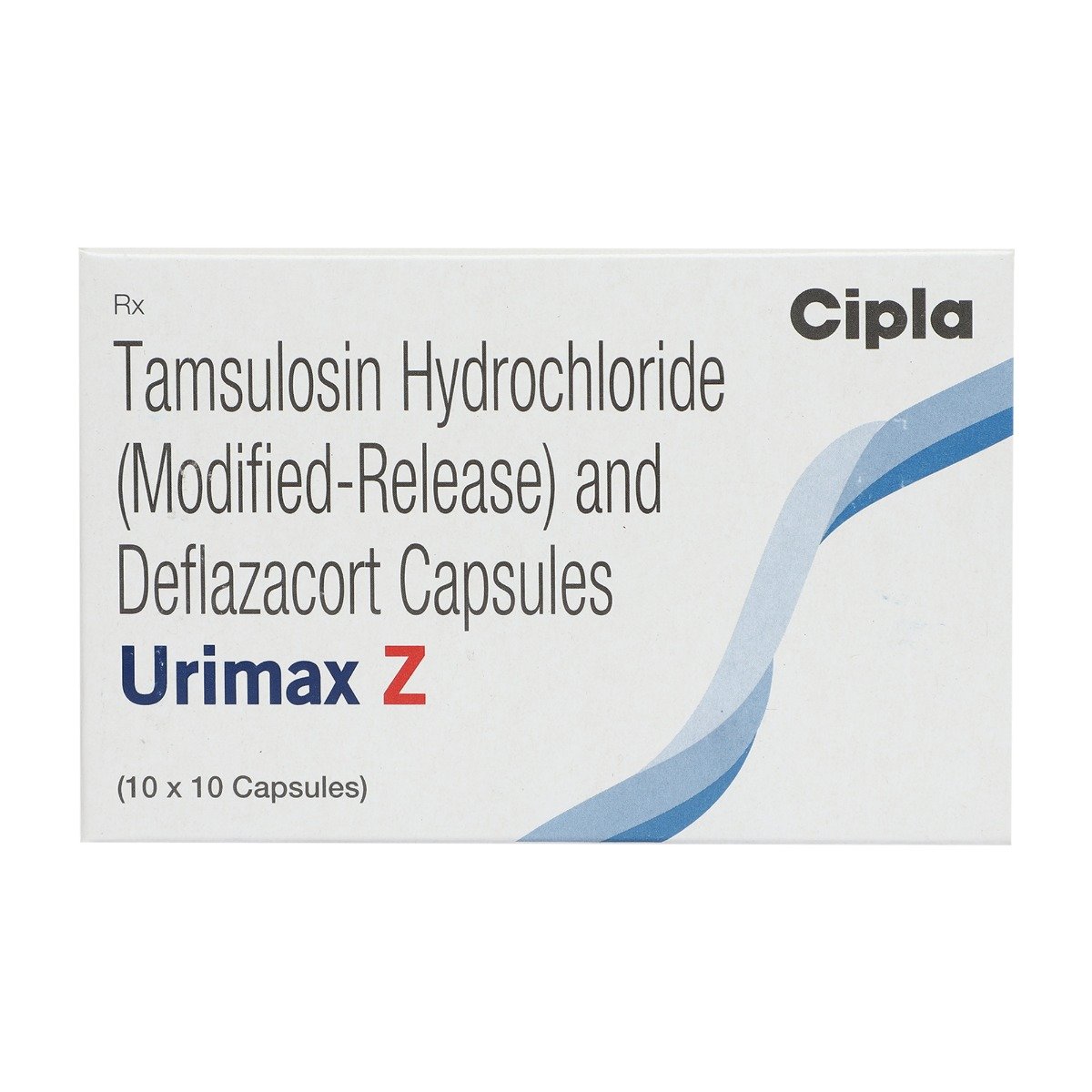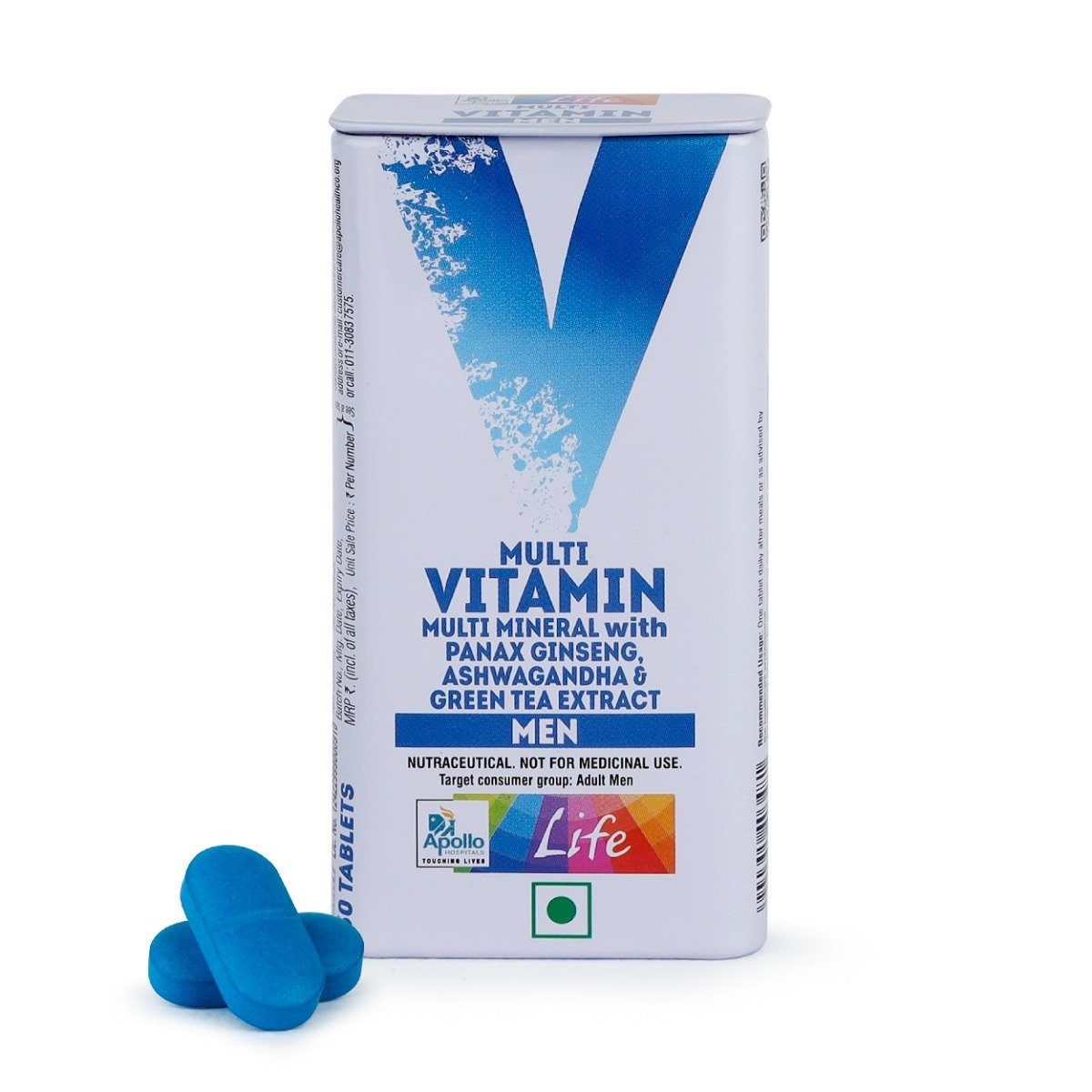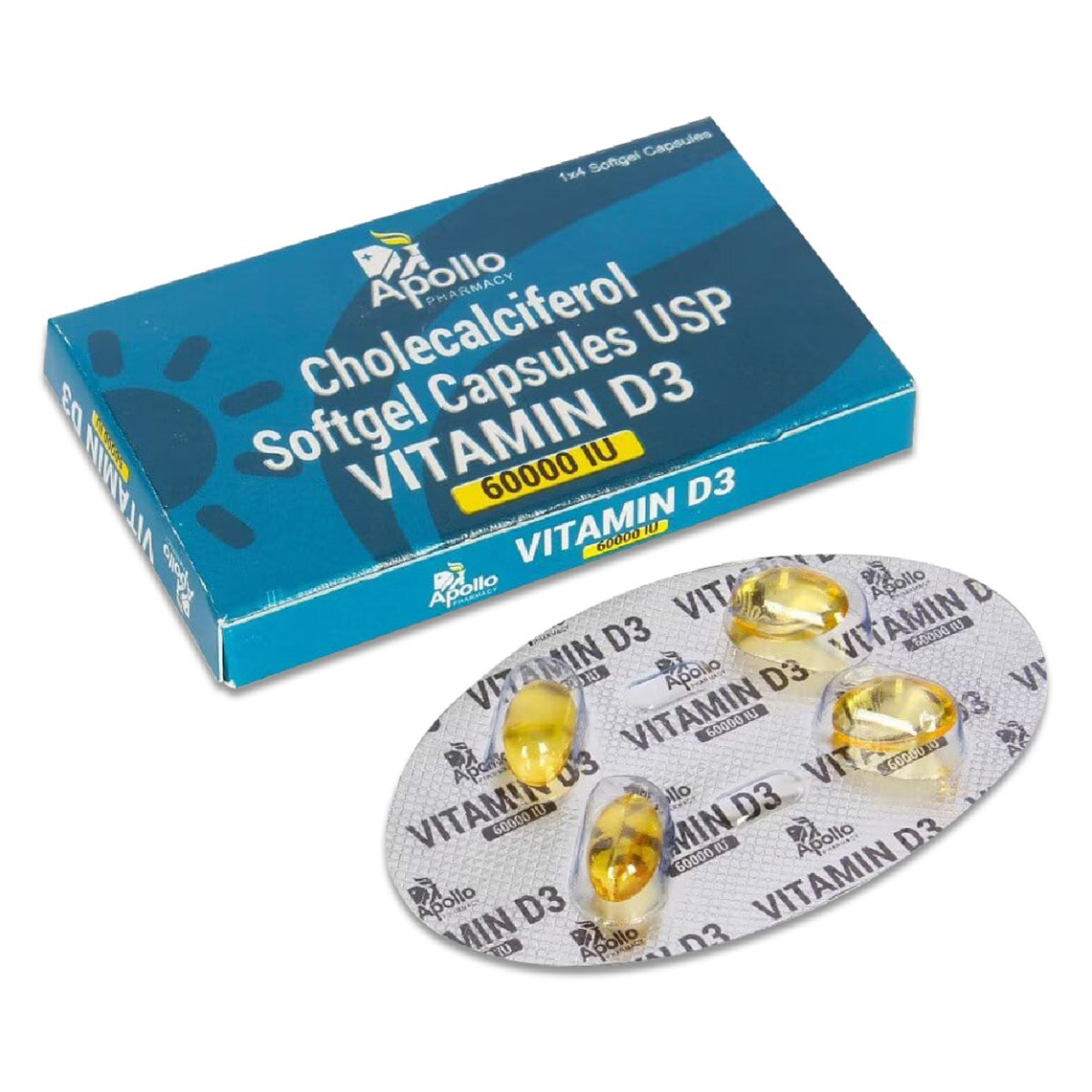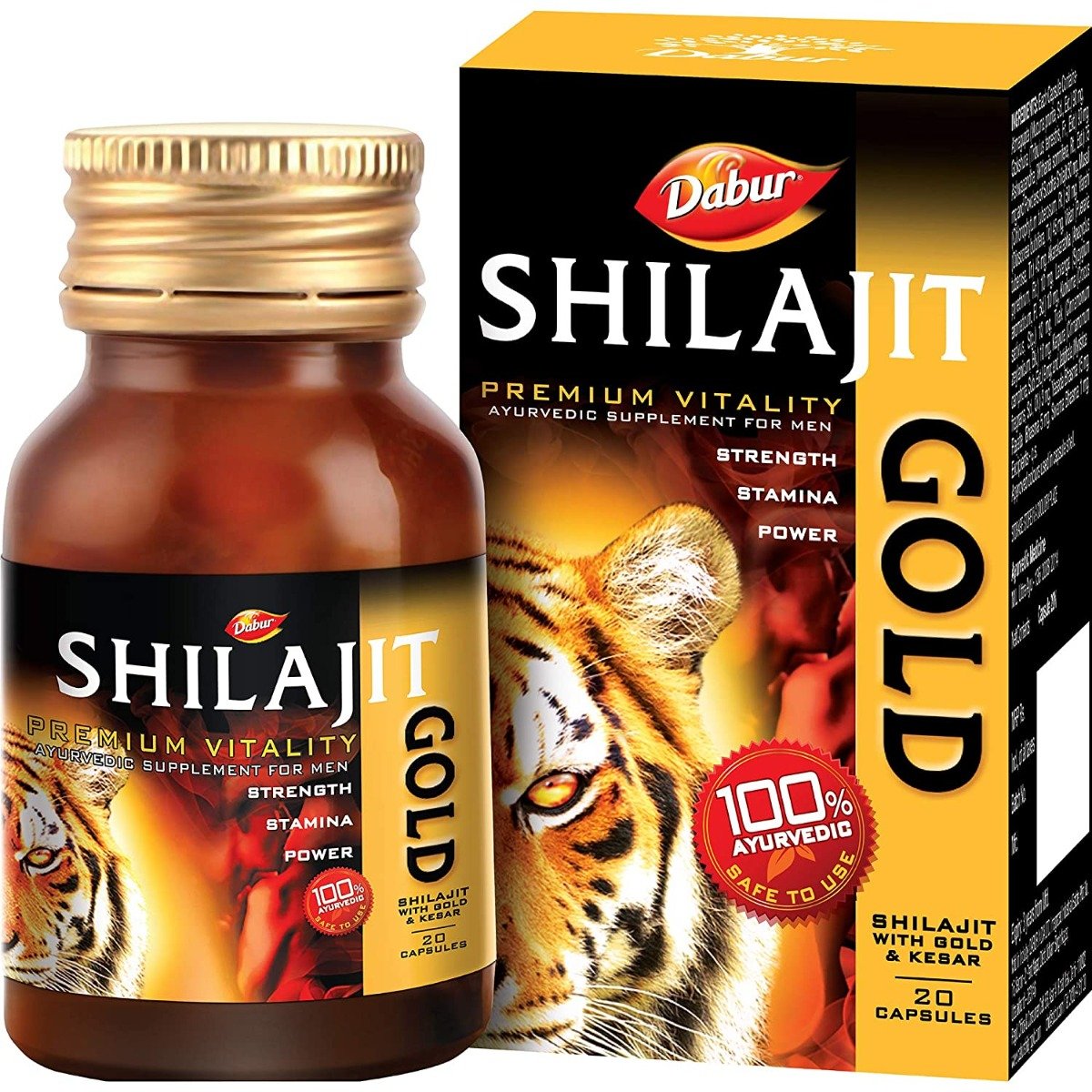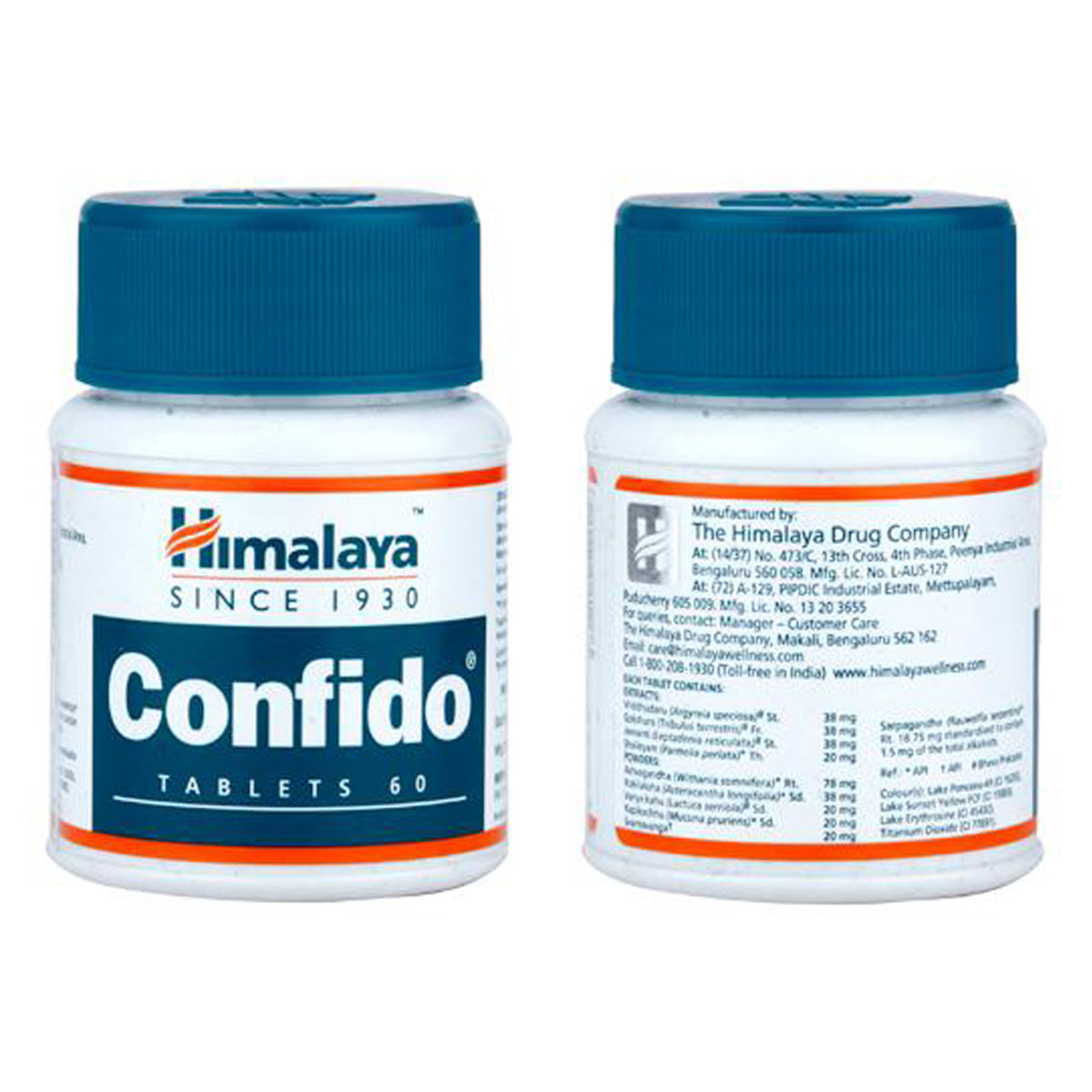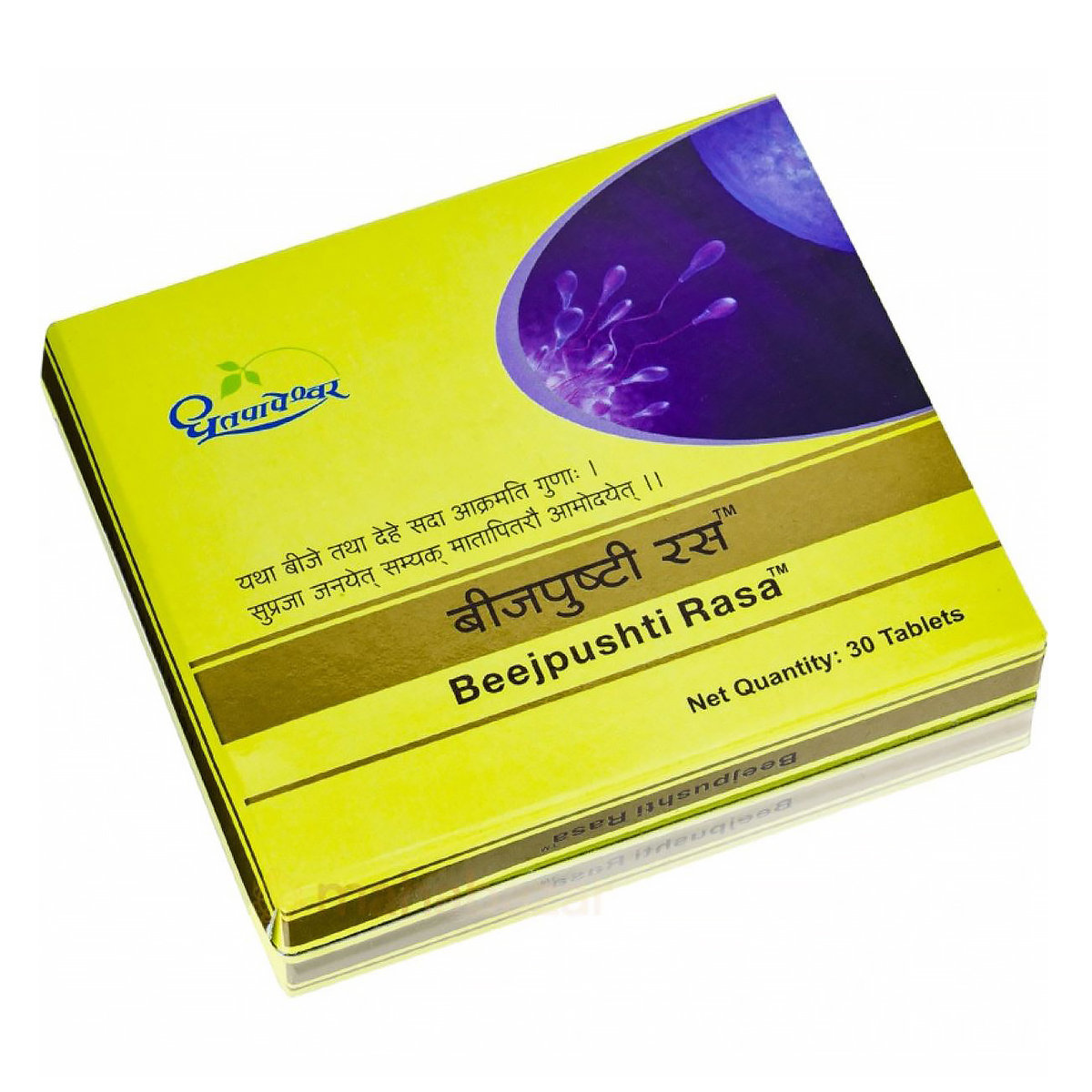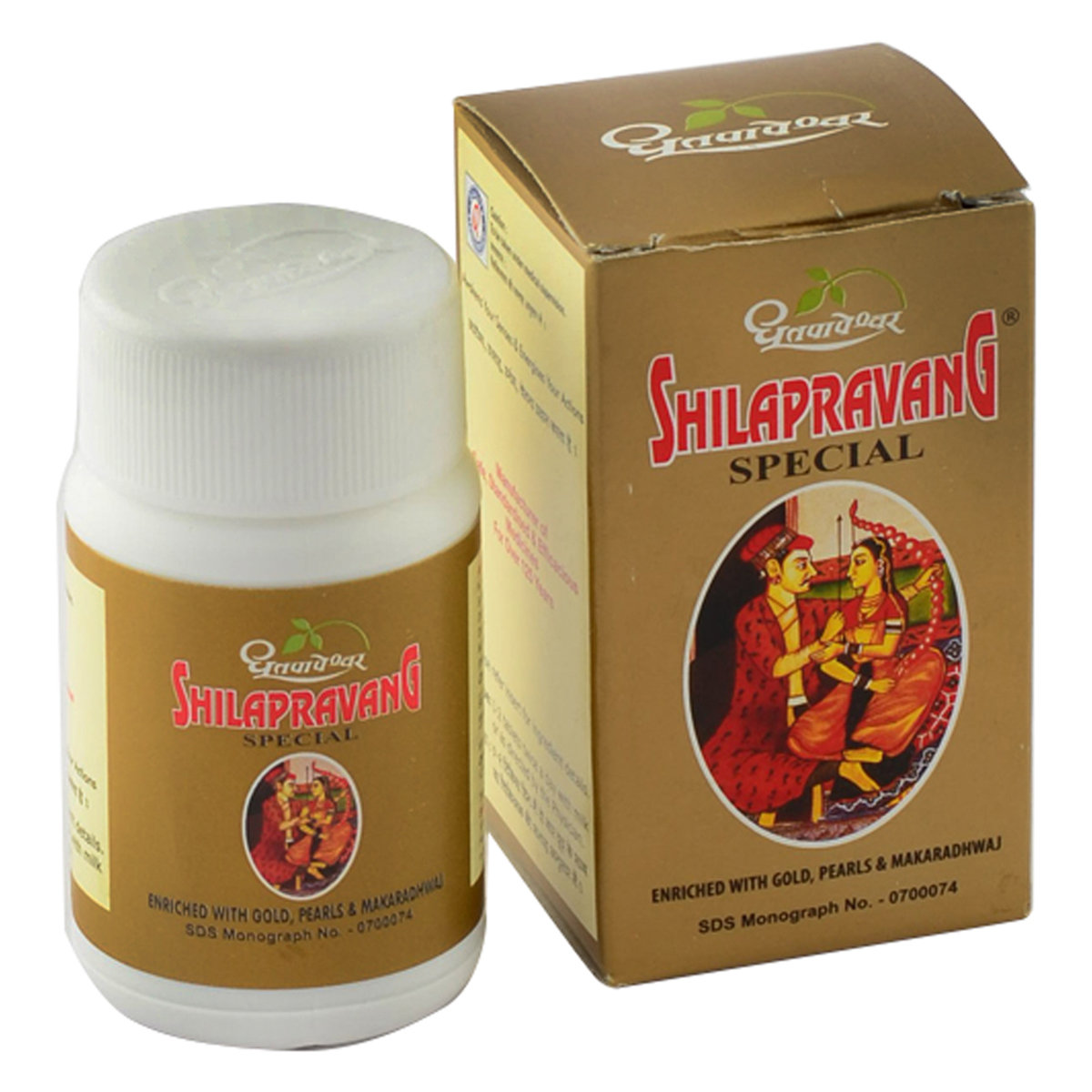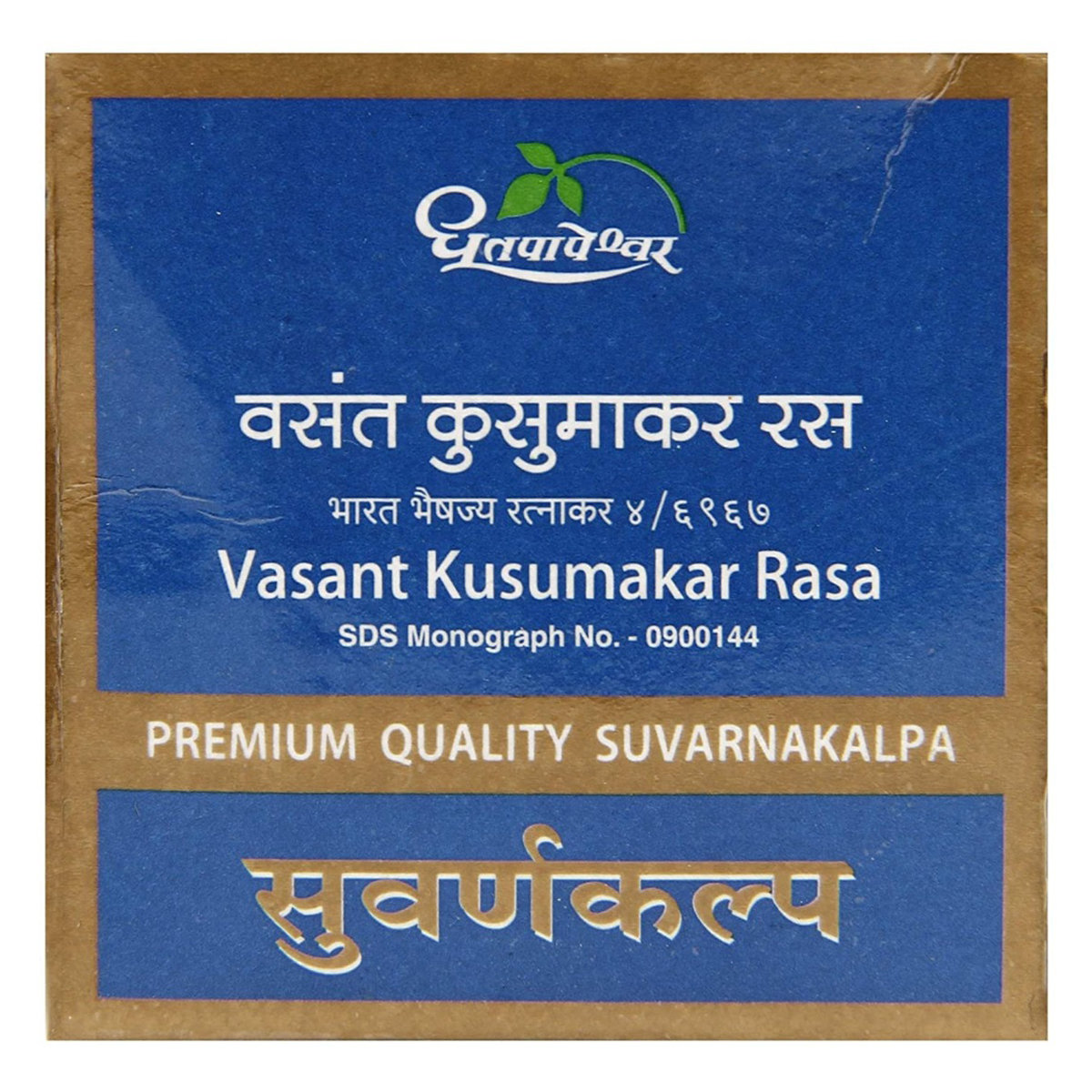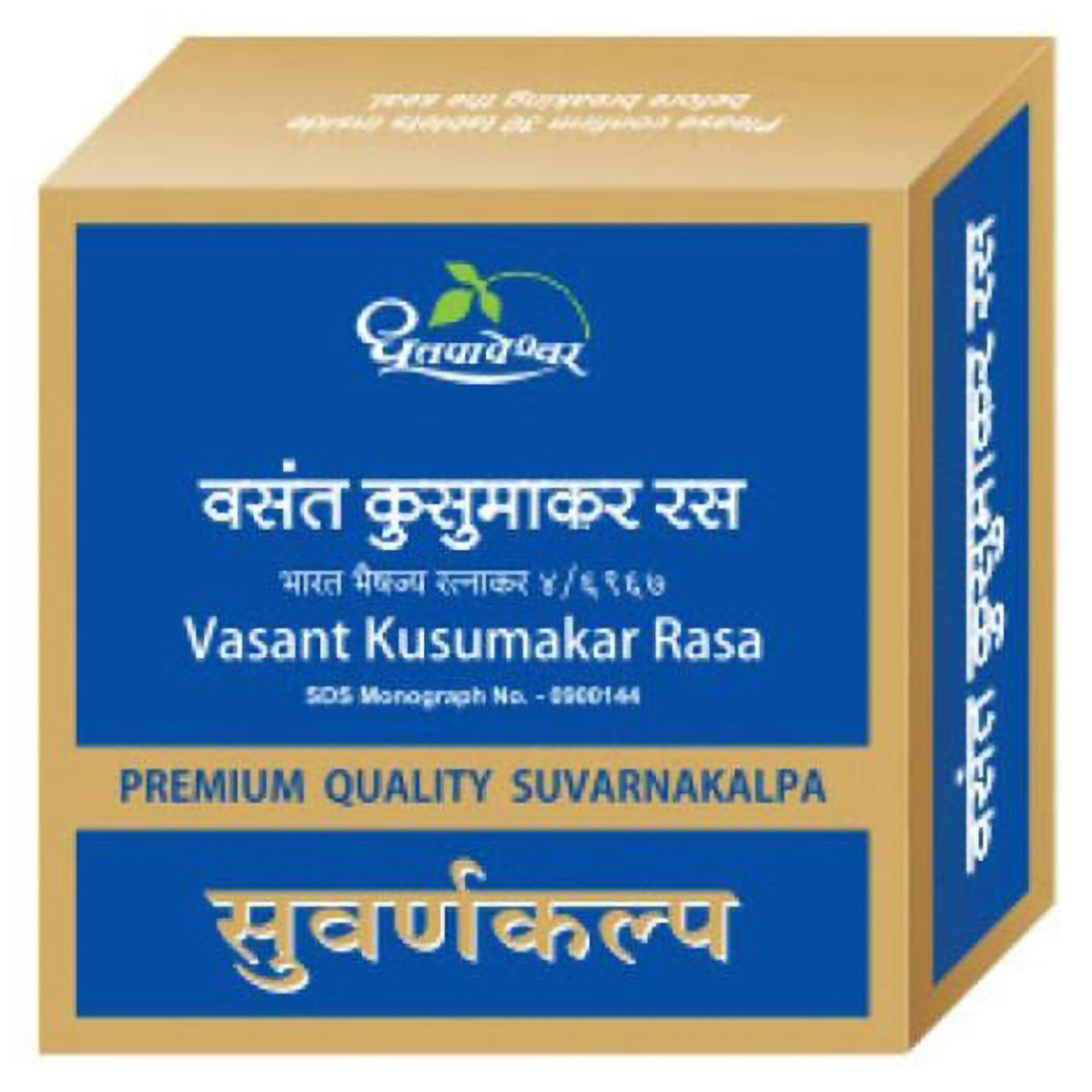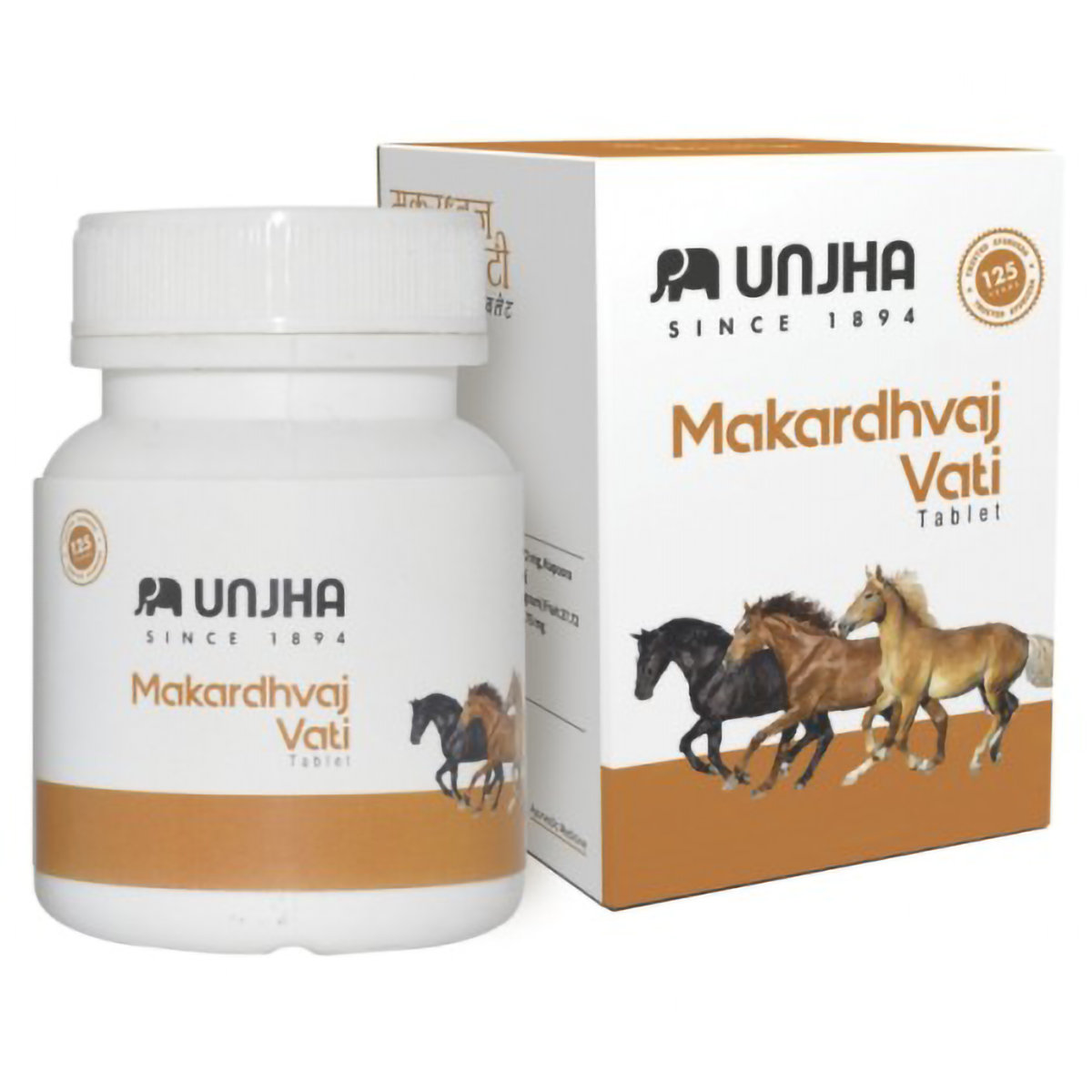Tamfil DS Capsule
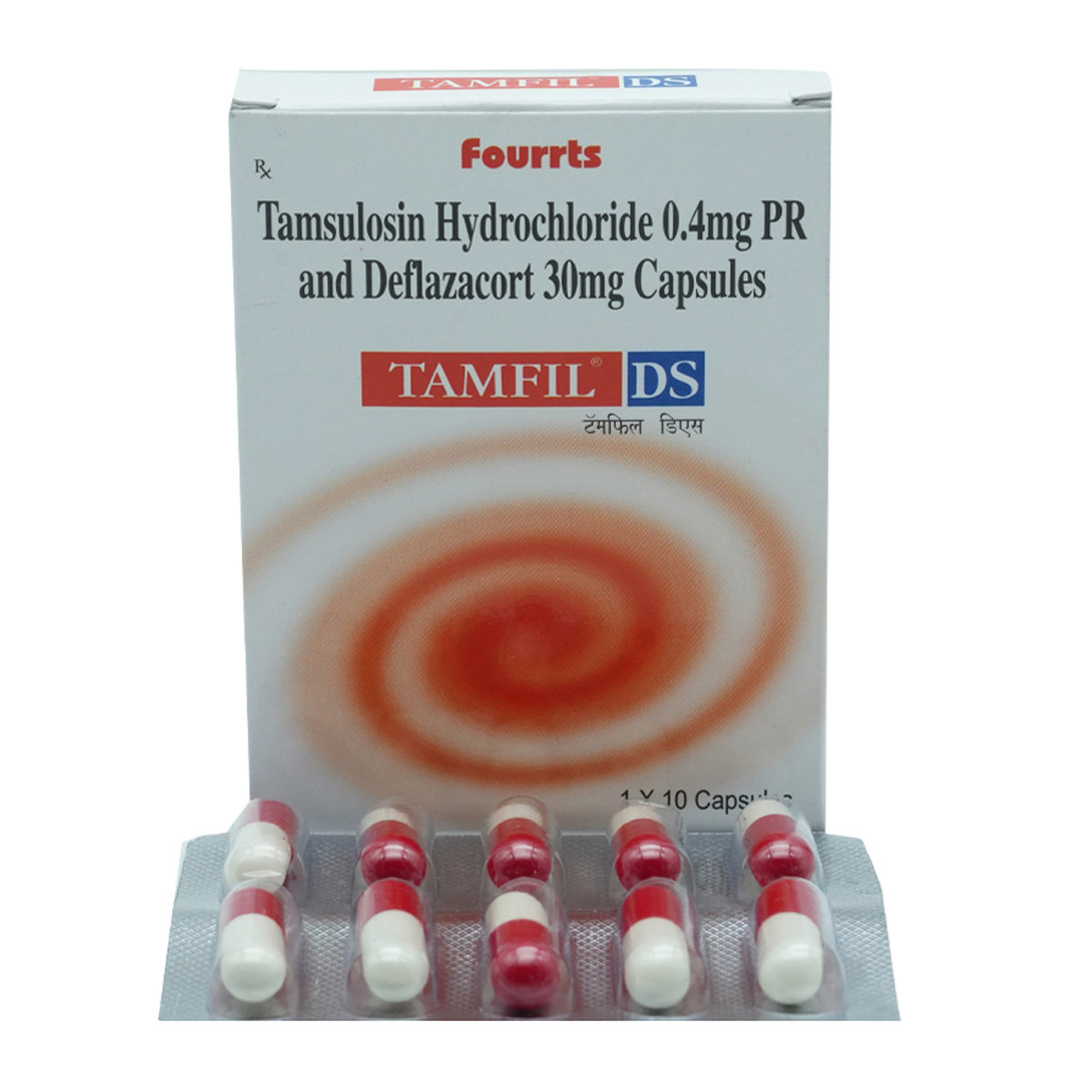
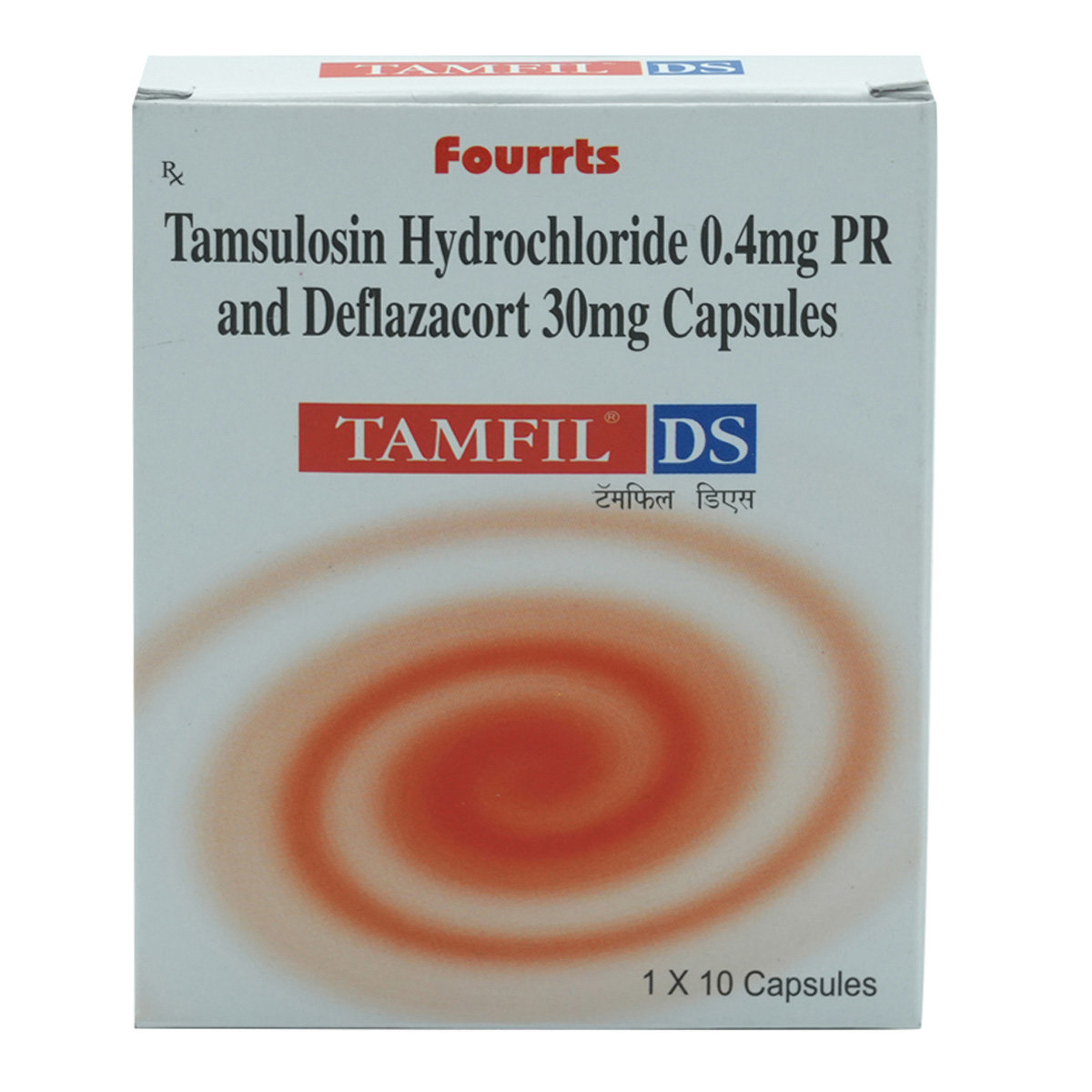
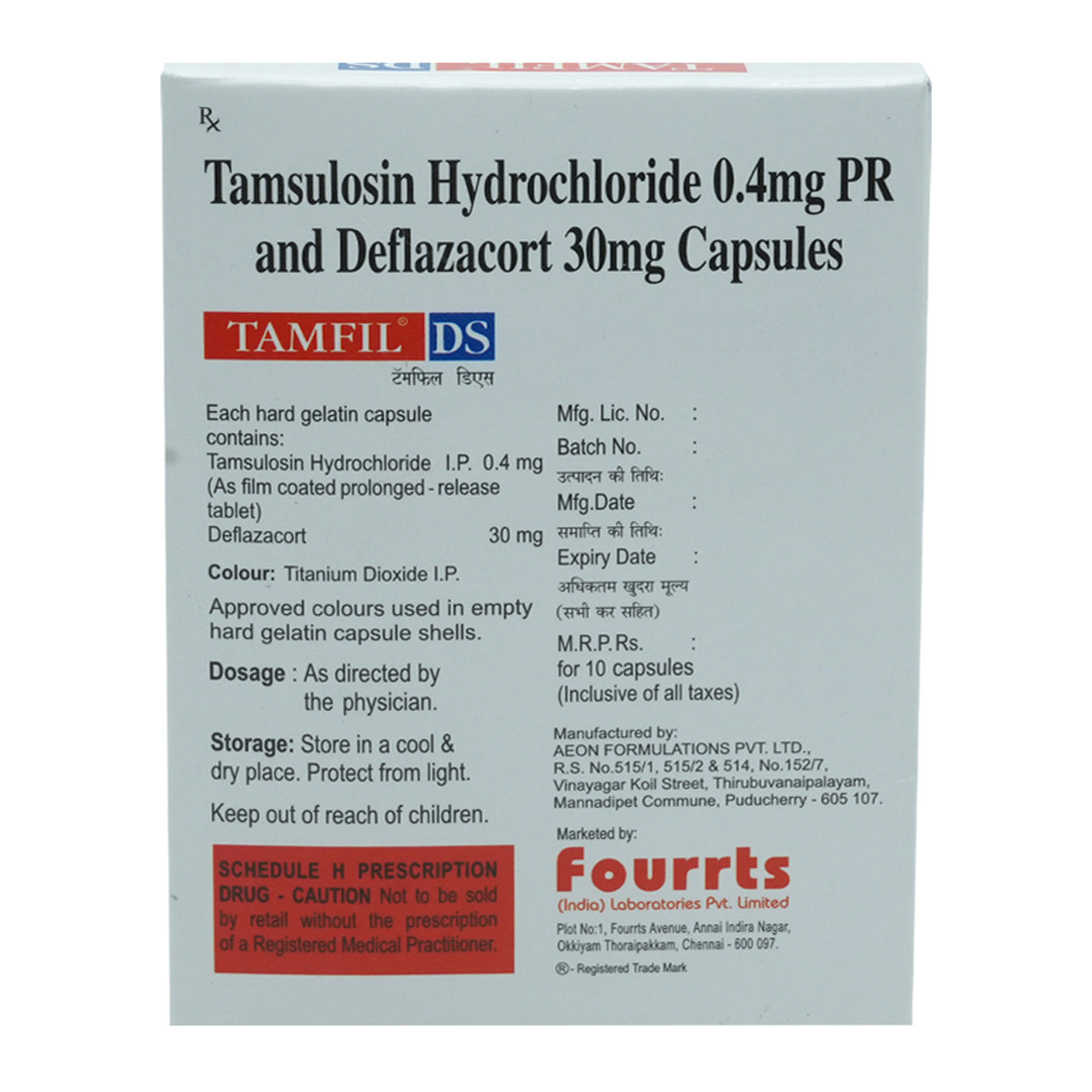
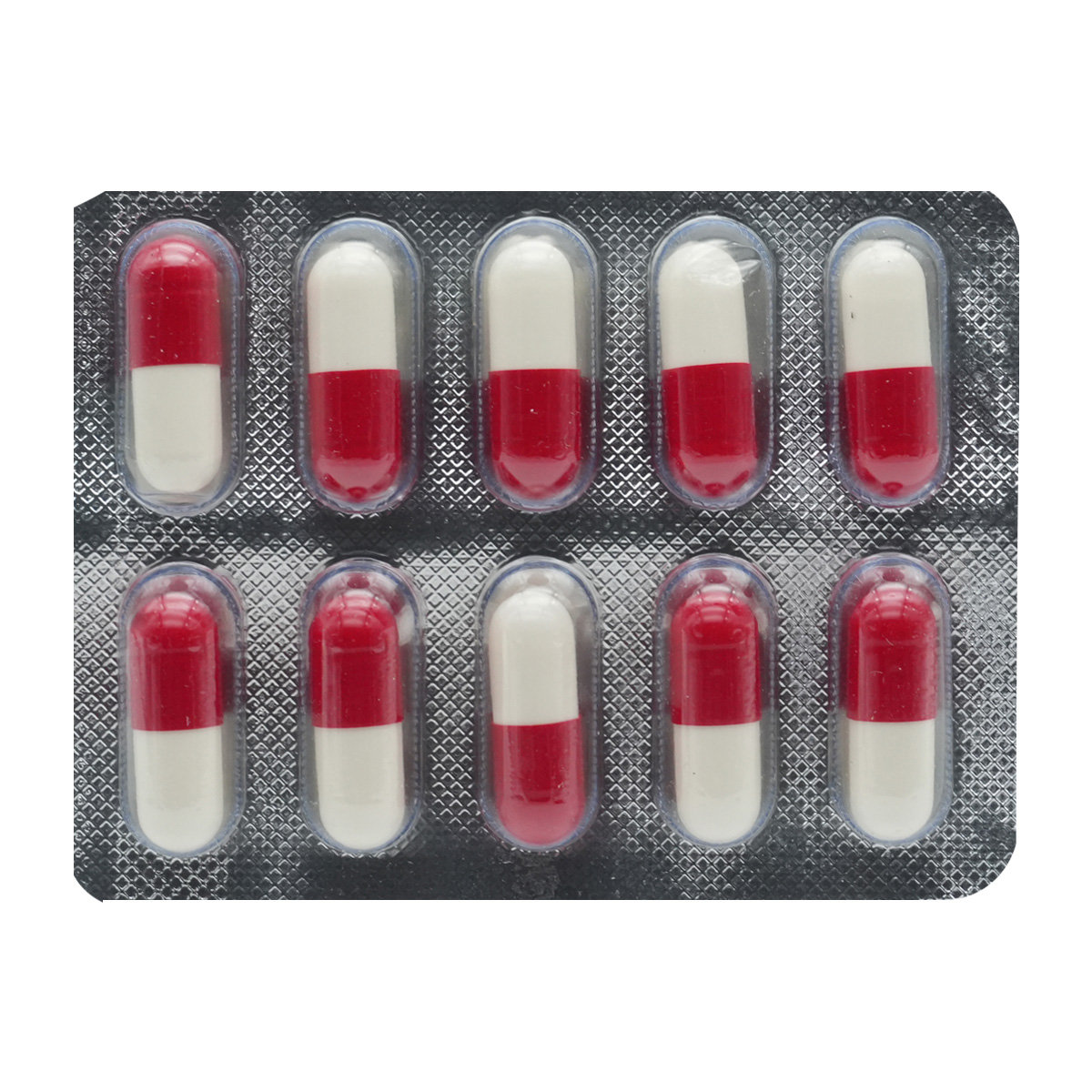
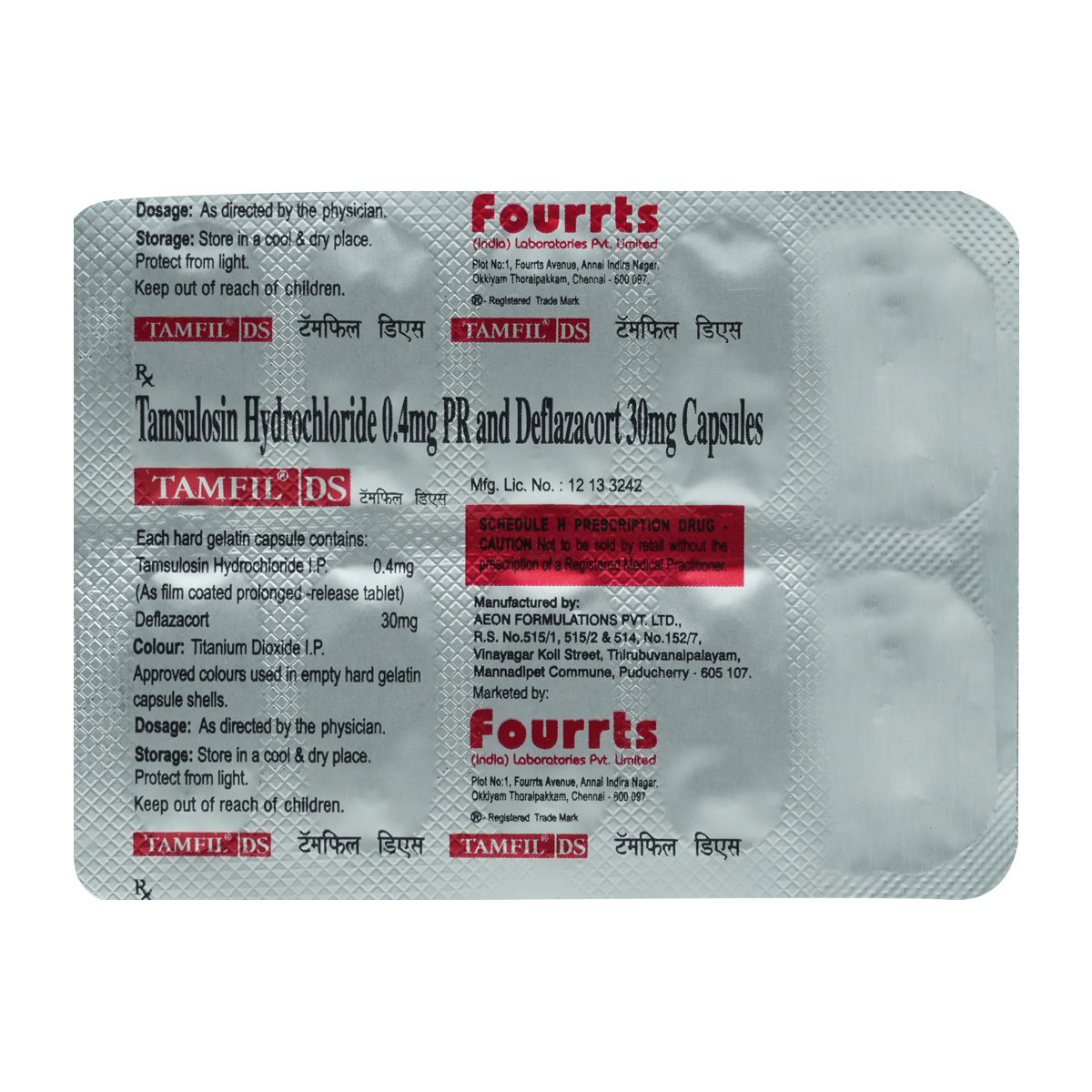
MRP ₹642
(Inclusive of all Taxes)
₹96.3 Cashback (15%)
know your delivery time
Provide Delivery Location
Composition :
Manufacturer/Marketer :
Consume Type :
Expires on or after :
Return Policy :

Secure Payment

Trusted by 8 Crore Indians

Genuine Products
Therapeutic Class
Country of origin
Manufacturer/Marketer address
Author Details
We provide you with authentic, trustworthy and relevant information
FAQs
Disclaimer
Alcohol
Safe if prescribed
It is not known if alcohol interacts with Tamfil DS Capsule . Please consult a doctor.
Pregnancy
Consult your doctor
Limited information is available regarding the usage of Tamfil DS Capsule during pregnancy. Please consult your doctor if you have any concerns regarding this.
Breast Feeding
Consult your doctor
Consult your doctor if you are breastfeeding; your doctor will decide whether Tamfil DS Capsule can be taken by breastfeeding mothers or not.
Driving
Safe if prescribed
It is unknown if Tamfil DS Capsule affects your ability to drive. Drive or operate machinery only if you are alert.
Liver
Consult your doctor
Limited information is available regarding the usage of Tamfil DS Capsule in patients with hepatic impairment. Please consult your doctor if you have liver problems or any concerns regarding this.
Kidney
Consult your doctor
Limited information is available regarding the usage of Tamfil DS Capsule in patients with kidney problems. Please consult your doctor if you have kidney impairment or any concerns regarding this.
Children
Safe if prescribed
Limited information is available regarding the usage of Tamfil DS Capsule in children. Consult a doctor if you have any concerns.
Product Substitutes
Reference
- https://afju.springeropen.com/articles/10.1186/s12301-020-0015-0
- https://jemds.com/latest-articles.php?at_id=6887
- https://www.renalandurologynews.com/home/departments/commentary/expert-reviews/using-drugs-to-expel-stones/
- https://www.accessdata.fda.gov/drugsatfda_docs/label/2009/020579s026lbl.pdf
- https://www.drugs.com/mtm/deflazacort.html
About Tamfil DS Capsule
Tamfil DS Capsule is a combination medicine used to treat kidney stones. Kidney stones are small, hard deposits made up of calcium, phosphate and other minerals/acid salts that stick together in concentrated urine. Tamfil DS Capsule may also help provide relief from pain, swelling, and inflammation associated with kidney stones.
Tamfil DS Capsule contains Tamsulosin and Deflazacort. Tamsulosin relaxes the muscles around the bladder, and prostate gland, thereby eases the passage of kidney stones. Deflazacort reduces inflammation in the kidneys; this promotes the passage of stones via urine. Together, Tamfil DS Capsule helps treat kidney stones.
You are advised to take Tamfil DS Capsule for as long as your doctor has prescribed it for you, depending on your medical condition. In some cases, you may experience common side effects such as headache, dizziness, nausea, diarrhoea, and cold symptoms. Most of these side effects do not require medical attention and will resolve gradually over time. However, you are advised to talk to your doctor if the side effects persist or worsen.
Consult your doctor if you are pregnant or breastfeeding. Limited information is available regarding the usage of Tamfil DS Capsule in children; talk to a doctor if you have any concerns. It is unknown if alcohol interacts with Tamfil DS Capsule , so please consult a doctor. Keep your doctor informed about your health condition and medicines to rule out any side effects.
Uses of Tamfil DS Capsule
Medicinal Benefits Mweb
Key Benefits
Tamfil DS Capsule is a combination of two drugs, namely: Tamsulosin and Deflazacort. Tamfil DS Capsule is used to treat kidney stones. Tamsulosin is an alpha-blocker that relaxes the muscles around the bladder and prostate gland, thereby eases the passage of kidney stones. Deflazacort is a corticosteroid that reduces inflammation in the kidneys; this promotes the passage of stones via urine. Together, Tamfil DS Capsule helps treat kidney stones. Tamfil DS Capsule helps provide relief from pain, swelling, and inflammation associated with kidney stones.
Directions for Use
Side Effects of Tamfil DS Capsule
- Headache
- Dizziness
- Nausea
- Diarrhoea
- Cold symptoms
Drug Warnings
Do not take Tamfil DS Capsule if you are allergic to any of its contents. Inform your doctor if you have high blood pressure, heart problems, fluid retention, diabetes, stomach/intestinal disorder, glaucoma, low bone mineral density, thyroid, adrenal gland, pituitary gland, kidney or liver problems. Consult your doctor if you are pregnant or breastfeeding. Let your doctor know if you are taking any prescription/nonprescription medicines or herbal products before starting Tamfil DS Capsule .
Drug-Drug Interactions
Drug-Drug Interactions
Login/Sign Up
Co-administration of Tamfil DS Capsule and Desmopressin may increase the risk of hyponatremia (low levels of salt in the blood).
How to manage the interaction:
Although co- administration of Daflazacort with Desmopression can possibly lead to an interaction, it can be taken in case a doctor advices you. You should seek medical attention if you experience loss of appetite, nausea, vomiting, headache, lethargy, irritability, difficulty in concentrating, memory impairment, confusion, muscle spasm, weakness, unsteadiness, decreased urination, or sudden weight gain. Do not stop using any medications without consulting a doctor.
Taking Tamfil DS Capsule with amprenavir may significantly increase the blood levels and effects of Tamfil DS Capsule.
How to manage the interaction:
Although taking Tamfil DS Capsule and amprenavir together can possibly result in an interaction, it can be taken if your doctor has prescribed it. However, consult the doctor immediately if you experience symptoms such as dizziness, lightheadedness, fainting, headache, flushing, nasal congestion, heart palpitation, and priapism (prolonged and painful erection unrelated to sexual activity). Do not stop using any medications without consulting doctor.
Taking Tamfil DS Capsule with fosamprenavir may significantly increase the blood levels and effects of Tamfil DS Capsule.
How to manage the interaction:
Although taking Tamfil DS Capsule and fosamprenavir together can possibly result in an interaction, it can be taken if your doctor has prescribed it. However, consult the doctor immediately if you experience symptoms such as dizziness, lightheadedness, fainting, headache, flushing, nasal congestion, heart palpitation, and priapism (prolonged and painful erection unrelated to sexual activity). Do not stop using any medications without consulting doctor.
Taking clarithromycin with Tamfil DS Capsule may increase the blood levels and effects of Tamfil DS Capsule.
How to manage the interaction:
Although there is a possible interaction, clarithromycin can be taken with Tamfil DS Capsule if prescribed by the doctor. Consult the prescriber if you experience side effects such as dizziness, lightheadedness, fainting, headache, flushing, nasal congestion, heart palpitation, and priapism (prolonged and painful erection unrelated to sexual activity). Do not stop using any medications without a doctor's advice.
Taking Tamfil DS Capsule with cobicistat may significantly increase the blood levels and effects of Tamfil DS Capsule.
How to manage the interaction:
Although taking Tamfil DS Capsule and cobicistat together can possibly result in an interaction, it can be taken if your doctor has prescribed it. However, consult the doctor immediately if you experience symptoms such as dizziness, lightheadedness, fainting, headache, flushing, nasal congestion, heart palpitation, and priapism (prolonged and painful erection unrelated to sexual activity). Do not stop using any medications without consulting doctor.
Taking Tamfil DS Capsule with indinavir may significantly increase the blood levels and effects of Tamfil DS Capsule.
How to manage the interaction:
Although taking Tamfil DS Capsule and indinavir together can possibly result in an interaction, it can be taken if your doctor has prescribed it. However, consult the doctor immediately if you experience symptoms such as dizziness, lightheadedness, fainting, headache, flushing, nasal congestion, heart palpitation, and priapism (prolonged and painful erection unrelated to sexual activity). Do not stop using any medications without consulting doctor.
Taking Tamfil DS Capsule with Voriconazole may significantly increase the blood levels and effects of Tamfil DS Capsule.
How to manage the interaction:
Although taking Tamfil DS Capsule and Voriconazole together can result in an interaction, it can be taken if a doctor has prescribed it. However, consult the doctor immediately if you experience dizziness, heart palpitation (irregular heartbeat). Do not stop using any medications without consulting doctor.
Taking Tamfil DS Capsule with posaconazole may significantly increase the blood levels and effects of Tamfil DS Capsule.
How to manage the interaction:
Although taking Tamfil DS Capsule and posaconazole together can result in an interaction, it can be taken if your doctor has prescribed it. However, consult the doctor immediately if you experience dizziness, lightheadedness, fainting, headache, and stuffy nose. Do not stop using any medications without consulting a doctor.
Taking Tamfil DS Capsule with Tizanidine will have an additive effect and may lower blood pressure.
How to manage the interaction:
Although taking Tamfil DS Capsule and tizanidine together can possibly result in an interaction, it can be taken if your doctor has prescribed it. However, consult the doctor immediately if you experience symptoms such as headache, dizziness, lightheadedness, fainting, and/or changes in pulse or heart rate. Use caution when getting up from a sitting or lying position. Do not stop using any medications without consulting doctor.
Tamfil DS Capsule blood levels may rise when itraconazole and Tamfil DS Capsule are administered together.
How to manage the interaction:
Itraconazole and Tamfil DS Capsule may interact, but if a doctor prescribes them, you can still take them. If you develop dizziness, lightheadedness, fainting, headache, redness, nasal congestion, a racing heart, or priapism (prolonged and painful erection unrelated to sex), you should consult a doctor. Never stop taking any medication without consulting a doctor.
Drug-Food Interactions
Drug-Food Interactions
Login/Sign Up
Drug-Diseases Interactions
Drug-Diseases Interactions
Login/Sign Up
Drug-Drug Interactions Checker List
- DILTIAZEM
- METOPROLOL
- DULOXETINE
Habit Forming
Diet & Lifestyle Advise
- Drink plenty of fluids as they help in flushing out excess minerals.
- Limit salt intake. High amounts of salt can increase the risk of kidney stones.
- Maintain a healthy weight by exercising regularly.
- Avoid foods rich in oxalates, such as spinach, nuts, okra, dates, avocado, hot chocolate, cocoa, baked potato, french fries, and cereals, as they might increase the risk of oxalate stones.
- Try maintaining optimum levels of calcium in the body as too little or high calcium can lead to kidney stones.
All Substitutes & Brand Comparisons
RX
Out of StockFlodart-DZ Capsule 10's
Aristo Pharmaceuticals Pvt Ltd
₹459
(₹45.9 per unit)
20% CHEAPERRX
Out of StockTamplus Df 0.4 mg Capsule 10's
Ajanta Pharma Ltd
₹550
(₹49.5 per unit)
14% CHEAPERRX
Out of StockFlokind-Z Capsule 10's
Mankind Pharma Pvt Ltd
₹562.5
(₹56.25 per unit)
2% CHEAPER

Have a query?
Buy best Genito Urinary products by
Cipla Ltd
Sun Pharmaceutical Industries Ltd
Intas Pharmaceuticals Ltd
Ipca Laboratories Ltd
Leeford Healthcare Ltd
Dr Reddy's Laboratories Ltd
Lupin Ltd
Alkem Laboratories Ltd
Msn Laboratories Pvt Ltd
Zydus Healthcare Ltd
Demorbus India Pvt Ltd
Mankind Pharma Pvt Ltd
Overseas Health Care Pvt Ltd
RPG Life Sciences Ltd
La Renon Healthcare Pvt Ltd
Alembic Pharmaceuticals Ltd
Corona Remedies Pvt Ltd
Macleods Pharmaceuticals Ltd
Aristo Pharmaceuticals Pvt Ltd
Fourrts India Laboratories Pvt Ltd
Tas Med India Pvt Ltd
Micro Labs Ltd
Samarth Life Sciences Pvt Ltd
Zydus Cadila
Emcure Pharmaceuticals Ltd
Hetero Drugs Ltd
Ignyx Pharmaceuticals
Renspur Healthcare Pvt Ltd
Steris Healthcare
Alniche Life Sciences Pvt Ltd
Septalyst Lifesciences Pvt Ltd
Ajanta Pharma Ltd
Elder Pharmaceuticals Ltd
Merynova Life Sciences India Pvt Ltd
Tppl Pharmaceuticals Pvt Ltd
Walter Bushnell
Aar Ess Remedies Pvt Ltd
Knoll Healthcare Pvt Ltd
Lividus Pharmaceuticals Pvt Ltd
Meditrex Pharma
Medrhans Pharmaceuticals Pvt Ltd
Neuten HealthCare
Redmed Medical Services
Talohsty Medmark Pvt Ltd
Zycris Healthcare
East West Pharma India Pvt Ltd
Globus Remedies Ltd
Golden Square Lab Pvt Ltd
Hetero Healthcare Pvt Ltd
Modi Mundipharma Pvt Ltd
Nephurocare Pharma Pvt Ltd
Pfizer Ltd
TTK Healthcare Ltd
Votary Laboratories (India) Ltd
Albus Healthcare Pvt Ltd
Delvin Formulations (P) Ltd
Indoco Remedies Ltd
Intra Life Pvt Ltd
Megma Healthcare Pvt Ltd
Morepen Laboratories Ltd
Qren Life Sciences Pvt Ltd
Steadfast MediShield Pvt Ltd
Unipark Biotech Pvt Ltd
Akumentis Healthcare Ltd
Biokindle Lifesciences Pvt Ltd
Calren Care Lifesciences Pvt Ltd
Chemo Biological Ltd
Chemo Healthcare Pvt Ltd
Euniche Life Sciences
Himeros Pharmaceuticals Pvt Ltd
Hospimax Healthcare Pvt Ltd
Kiosence Health Care Pvt Ltd
Lia Life Sciences Pvt Ltd
Panacea Biotec Ltd
Primus Remedies Pvt Ltd
Rencord Life Sciences Pvt Ltd
Shilpa Medicare Ltd
Stadmed Pvt Ltd
Abbott India Ltd
Ameya Pharmaceuticals & Chemicals Pvt Ltd
Ardent Life Sciences Pvt Ltd
Asterima Pharmaceuticals Pvt Ltd
Astrum Healthcare Pvt Ltd
Cadila Healthcare Ltd
De Renon
Fibovil Pharmaceuticals Pvt Ltd
Koye Pharmaceuticals Pvt Ltd
Linux Laboratories Pvt Ltd
MMC Healthcare Ltd
Neovae Biomedics Pvt Ltd
Olcare Laboratories Pvt Ltd
Oxygen Pharma Care Pvt Ltd
Prevego Healthcare & Research Pvt Ltd
Rene Lifescience
Sanzyme Pvt Ltd
Solis Ortus Remedies Pvt Ltd
Syndicate Life Sciences Pvt Ltd
Tycoon Pharmaceuticals Pvt Ltd
Vasu Organics Pvt Ltd
Walron Health Care Pvt Ltd
Frequently Bought Together
Customers Also Bought

_0.jpg?tr=q-85)




